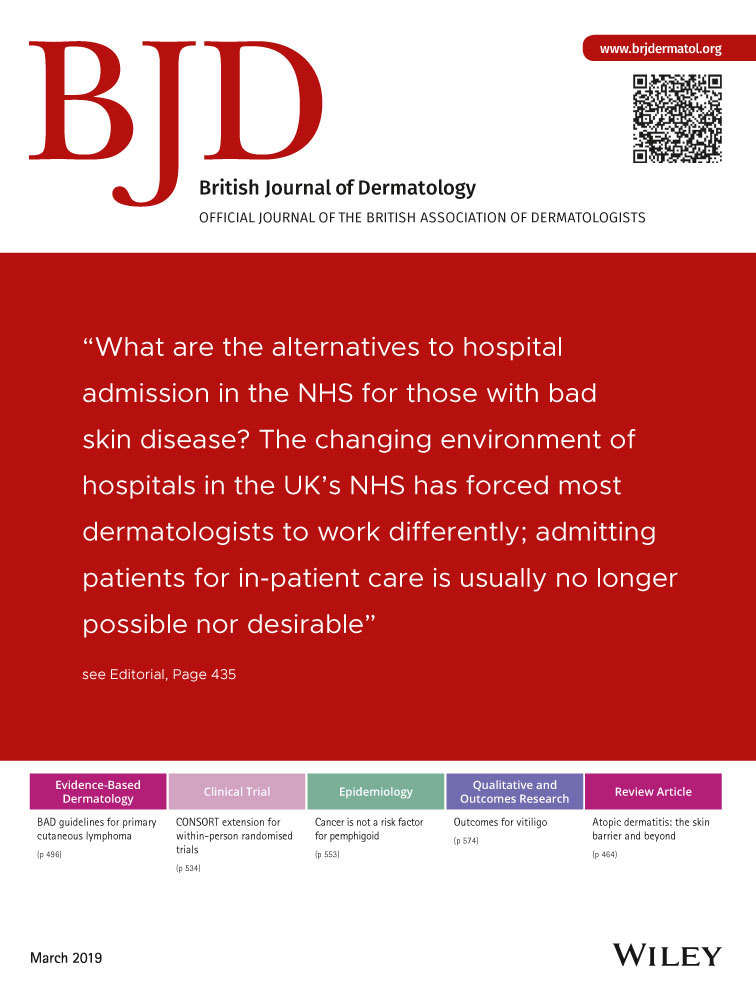Management of OTRs in a dermatological surgical clinic
Summary
People who undergo organ transplantation are more likely to develop skin cancers, due to long-term immunosuppressive therapy. This is especially concerning for organ transplant recipients (OTRs) living in Queensland, Australia, where skin cancer is more common than elsewhere. In an attempt to address the extreme skin cancer problem in OTRs living in Queensland, a dedicated Transplant Skin Clinic was established in Brisbane. This study aimed to describe the performance of this new clinic, the first of its kind in Queensland, Australia. Clinic attendees were invited to complete two surveys, supplied three months apart, about their health and personal characteristics, and permission was obtained to access participating attendees’ hospital records for details on detected and treated skin cancers over the same three-month period. In total, the authors recruited 101 clinic patients into the study. Over the three months, the authors found that 615 skin lesions were detected in the clinic. Of these, 55 were referred for treatment outside the clinic and 478 were treated in clinic, mostly (78%) with surgery. Of the lesions treated in clinic, 268 were confirmed to be skin cancers, equivalent to nearly 3 skin cancers per patient over the three months. On average, the clinic staff successfully treated one skin cancer for every 1.4 skin lesions they surgically removed. In conclusion, this study found that the clinic is detecting, and efficiently treating, a large number of skin cancers in OTRs and thus effectively contributing to the control of the skin cancer burden in OTRs living in Queensland.




